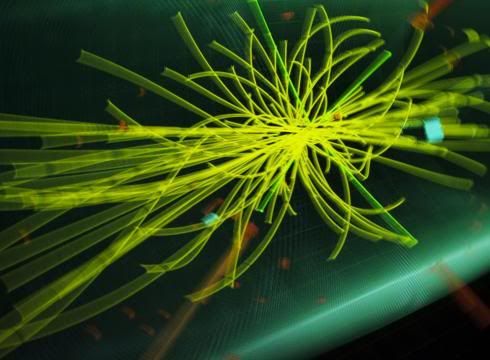
Lowder summarizes his debate with Frank Turek [1] "what best explains reality: naturalism or theism?" He defines his terms: “naturalism” "the physical exists and, if the mental exists, the physical explains why the mental exists. If naturalism is true, then there are no purely mental beings which can exist apart from a physical body and so there is no God or any person or being much like God." He defines supernaturalism: "...the mental exists and, if the physical exists, the mental explains why anything physical exists. If supernaturalism is true, then there is no purely physical matter which can exist without some sort of ultimate mental creator."
He has three contentions but I will only deal today with matters pertaining to the definitions, I will deal with the contentions in days to come. Lowder defines Naturalism as "the view that the physical exists and, if the mental exists, the physical explains why the mental exists.[1] If naturalism is true, then there are no purely mental beings which can exist apart from a physical body and so there is no God or any person or being much like God." Then Supernaturalism is just the reverse, if it exists then mental explains physical.[2]
This asserts that God is a being one among many, ("...no purely mental beings"). The theological trajectory developed by Tillich, John Macquarrie, (and others) voiced at Vatican II, indicates God is not a being but being itself. Moreover we have a problem in understanding what "mental" is when divorced from the physical process involving brain. I guess I don't mind your definition in principle but it is kind a metaphysical constrict to assert that we can see into the black box deeply enough to know that God's mental process well enough to critique it. I just assume that is part of what is meant by "God transcends our understanding."
If I were to say the physical is only a form of energy and matter is not the primary state or the primordial state of energy, you would probably say I am being too literal about the physical. It's not matter per se that makes something physical, such that energy is a from of the physical. I assume you might say something like that? I say we don't know all forms of energy. We don't know all that is involved in reality. Thus since the mental is a form of energy how do you know all physical doesn't reduce to the mental? Why make this sharp distinction between physical physical ?
Good point but unfortunately it makes the same fallacy as the solidity argument. Look, take a solid object it seems clearly physical. At the subatomic level,however, its mostly nothing. Go down to the level of the particles that make up the object, they are not little balls. In order to explain what they are we have to enter into a recursion and pretend it's not not recursive. Solidity is an illusion.
In the same way location is an illusion as well for the same reason, places are just points amid objects and space. Everything is mostly space and objectives are not really that solid,so places are not where they seem. Now the mental aspect of our lives is highly dependent upon physical apparatus. But since that is illusory it's more parsimonious to assume that the whole rests upon some basic formation that not dependent or illusory.
- Just because life that emerges within the complicity of physical depends upon the illusion of solidity for the production of the mental doesn't mean that the ultimate foundation of reality would be as well, That would not be physical since that is illusory. Nor would it be dependent upon the physical, it would have to be some third thing we don't understand.As for cation if we assume,for the sake of argument,that a universal mind produced all of reality where would the mind be located? It would not be in it;s owns thoughts except as an object reason.
[1] JEFFERY JAY LOWDER, Opening Statement from My Debate with Frank Turek, Secular, Outpost Blog, (Dec,29, 2018)https://www.patheos.com/blogs/secularoutpost/2018/12/29/opening-statement-from-my-debate-with-frank-turek/
the debate is also on You tube.
[2] Ibid, comments https://www.patheos.com/blogs/secularoutpost/2018/12/29/opening-statement-from-my-debate-with-frank-turek/#disqus_thread
[3] J.L. Hinman, "Can Sciece Really Prove The Basis of Modern Physics," Metacrock's Blog (APR 30,2017)
http://metacrock.blogspot.com/2017/04/can-science-really-prove-basis-of.html
http://metacrock.blogspot.com/2017/04/can-science-really-prove-basis-of.html
I am quoting my fn 4 and 9 in that article:
STFC “are there other dimensions,” Large Hadron Collider. Website. Science and Facilities Council, 2012 URL: http://www.lhc.ac.uk/The%20Particle%20Detectives/Take%205/13686.aspx
STFC “are there other dimensions,” Large Hadron Collider. Website. Science and Facilities Council, 2012 URL: http://www.lhc.ac.uk/The%20Particle%20Detectives/Take%205/13686.aspx

2 comments:
testing
I think the idea of mind as some kind of energy makes sense. Spiritual energy, if you will-- or what some Eastern worldviews call "chi."
Post a Comment